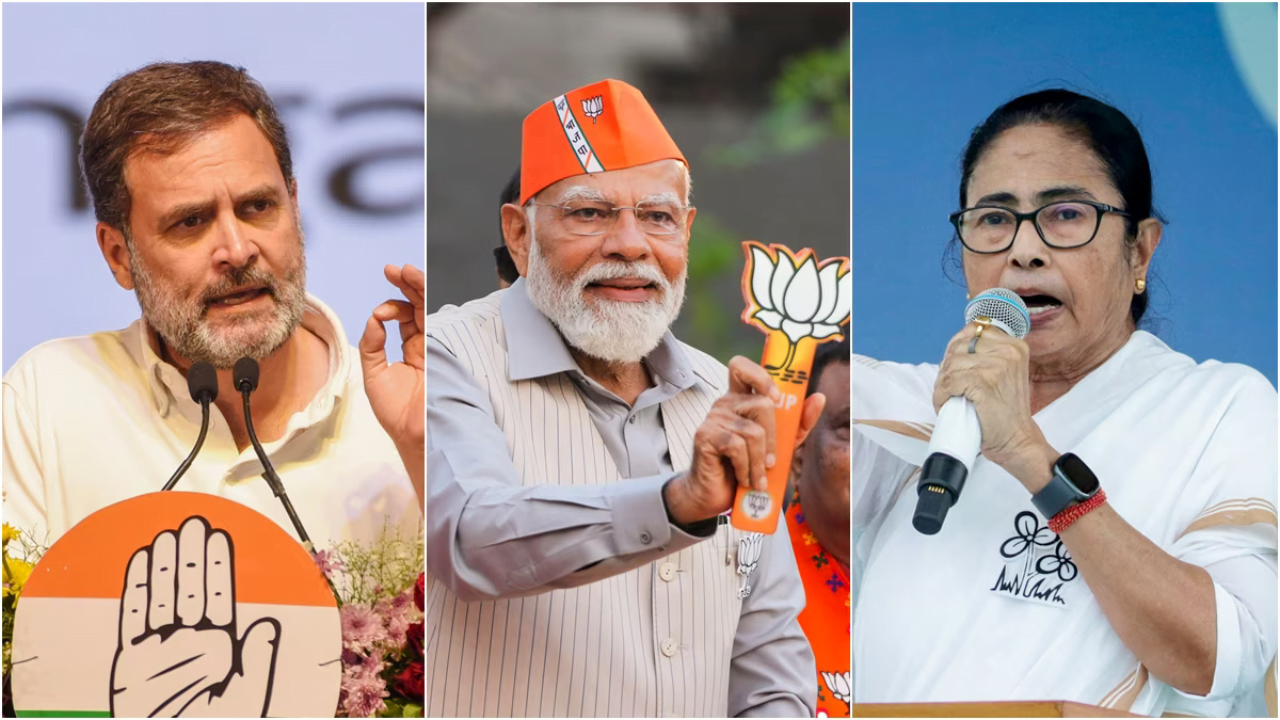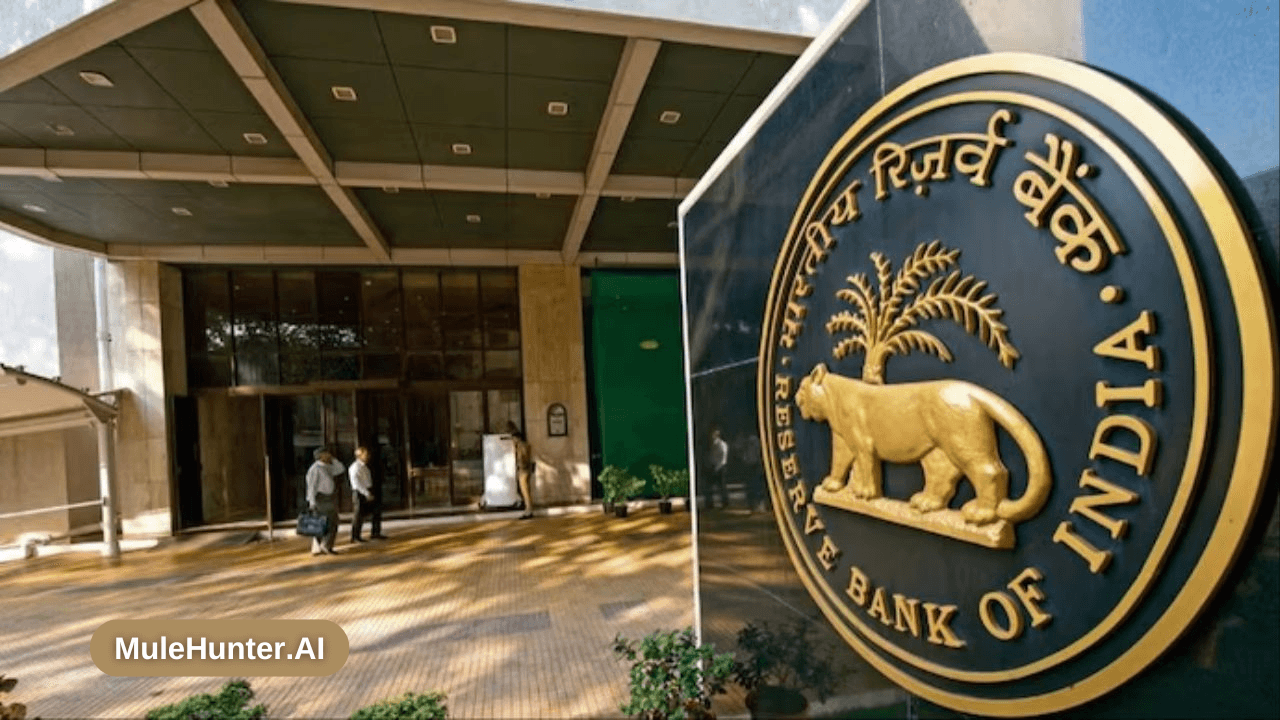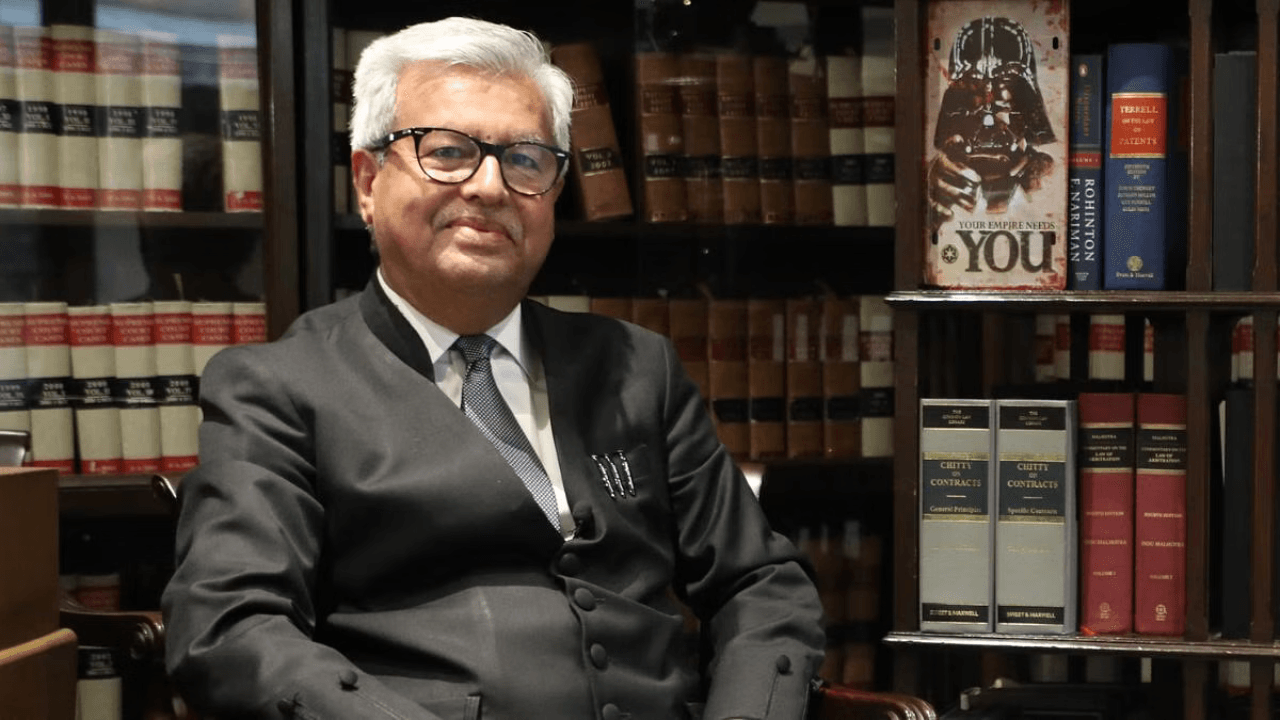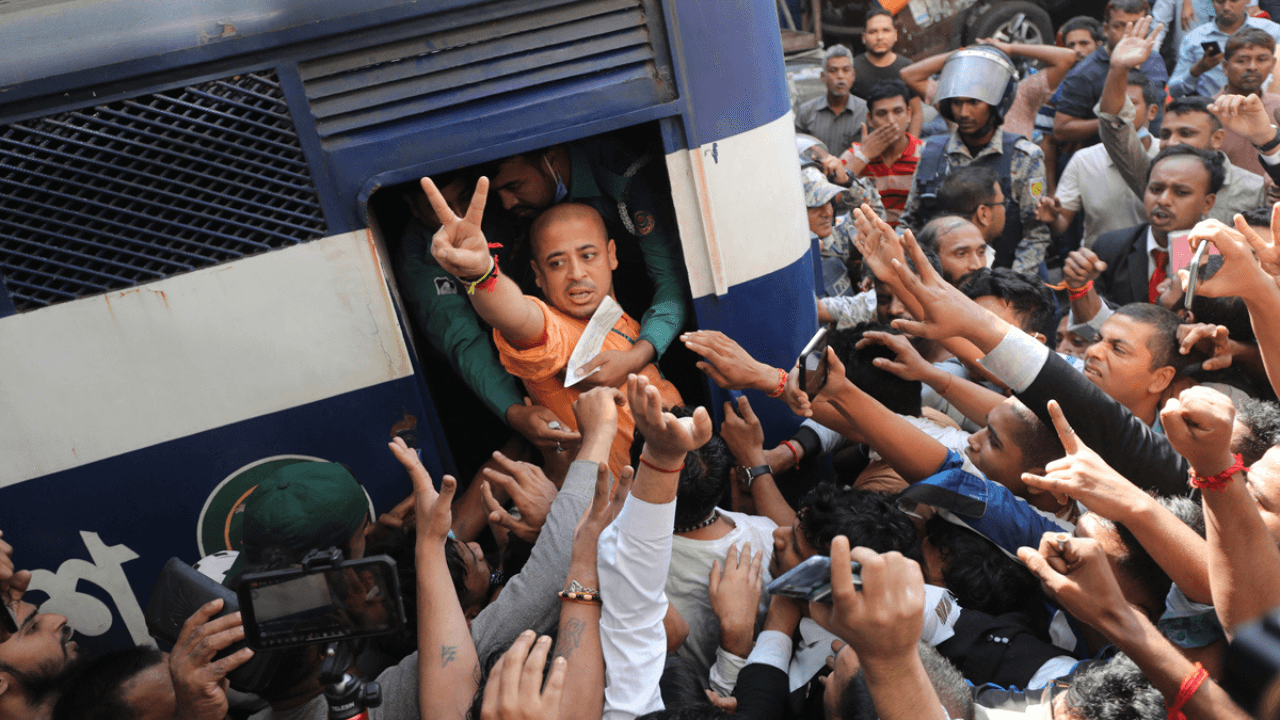The Lok Sabha elections are progressing with fervor, and the fourth phase is crucial, with 1717 candidates from 10 states and union territories contesting for a seat in the lower house. Based on the latest release from the Election Commission of India, here’s an in-depth look at the electoral dynamics in each participating region.
Overview of Phase 4
Initially, 4264 nominations were filed for 96 parliamentary constituencies (PCs) across 10 states and UTs, with 1970 nominations declared valid after scrutiny. This phase is marked by intense competition and strategic battles across various constituencies.
Detailed State-by-State Analysis
Telangana: The Epicenter of Nominations
Telangana stands out as having the highest number of nominations. A total of 1488 nominations were filed across 17 PCs, with 525 candidates still in the fray. Notably, Malkajgiri PC saw the highest number of nominations at 177, making it a hotspot of electoral activity.
Andhra Pradesh: High Stakes and Many Contenders
In Andhra Pradesh, 1103 nominations were reduced to 454 candidates after withdrawals. This state, with 25 contested PCs, reflects a highly competitive political landscape, where each constituency averages about 18 candidates.
Maharashtra: A Broad Contest
Maharashtra’s electoral battle involves 298 candidates across 11 PCs, distilled from 618 nominations. This state’s diverse political environment makes it a critical area of focus for major parties.
Uttar Pradesh: A Key Battleground
Uttar Pradesh, with 360 original nominations across 13 PCs, now has 130 candidates vying for votes. This state is always a significant player in national politics, given its large number of parliamentary seats and diverse voter base.
West Bengal: Intense Competition
West Bengal, with 138 nominations for 8 PCs, has maintained all 75 candidates after the scrutiny and withdrawal phases. The state is known for its politically charged atmosphere, and this phase is no exception.
Madhya Pradesh: Strategic Contests
In Madhya Pradesh, 154 nominations were filed for 8 PCs, with 74 candidates now contesting. This state’s political landscape is pivotal for regional parties and national coalitions alike.
Smaller States and UTs
- Bihar sees 55 candidates in 5 PCs, a significant reduction from 145 nominations.
- Jammu & Kashmir has a unique political context, with 24 candidates competing in just 1 PC after 39 nominations.
- Jharkhand and Odisha*both show robust participation with 45 and 37 candidates remaining from 144 and 75 nominations, respectively.












